Modern technology does not only let us enjoy the things that are in the present, but also things from the past. The software available, like Photoshop, helps us take a glimpse at what things looked like. Even though they still remain digital, they’re pretty close to reality.
Roman Uchytel uses technology for this very reason. He uses Photoshop to show us a glimpse of things that have passed and most likely will never come back. To be more specific, he recreates prehistoric extinct species of animals as best as he can using the information that he has. And it’s fair to say that he’s been doing a pretty good job at it; he even published a book which you can find here.
For today’s post, we show you only one of many of his series, where he compares the sizes of extinct species with their modern relatives and places them side by side. It’s really surprising how some of the species were way bigger than you would’ve thought looking at their modern kin. So scroll on down and take a glimpse into the past!
More info: twitter.com | prehistoric-fauna.com | Facebook | Instagram
This post may include affiliate links.
#1
Most of the animals shown here existed during the Pleistocene, otherwise known as Ice Age era, which lasted from around 2.58 million to 11m7 thousand years ago. As the term Ice Age signifies, it was a glacial period where most of the northern hemisphere was covered in, you guessed it, ice. The glaciations happened on and off in steady cycles which lasted from 41,000 to 100,000 years.
#2
#3
As you probably know by now, all of the ancestor species shown here are extinct. Almost all, if not all of these species went extinct in the so-called Quaternary period (2.58 million years before the present) in the Late Pleistocene. This period is marked by numerous megafaunal and other extinctions. This pulse extinction is characterized by the fact that there was a widespread absence of ecological successors, which caused a major shift in faunal habitats and relationships.
#4
#5
Fact: life on Earth has suffered 5 major extinction events, and is going through one so-called Holocene extinction event right now. An extinction event is a widespread and rapid decrease in biodiversity. The greatest extinction event killed 90 to 96 per cent of all species. Scientists argue over the exact number of extinction events life has gone through, ranging from five to as many as twenty. The current extinction event is different from others because human activity plays a huge hand in it.
#6
#7
Let’s hope you learned something new today. If you didn’t, or if you’re up to learn even more cool stuff, www.beautyofplanet.com is here to help you satisfy this thirst for knowledge. Here’s our latest edition of “Today I Learned” posts that our community loves. Too general, want to learn something more animal-centric? No problem. Want to know more about silly bird names that ornithologists came up with? Or perhaps you want to know what insects really look like when they’re flying? Let’s not end this post about extinct species with a sad note: here’s a story about reappeared elephant shrew species that we thought went extinct 50 years ago.

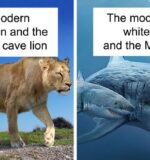
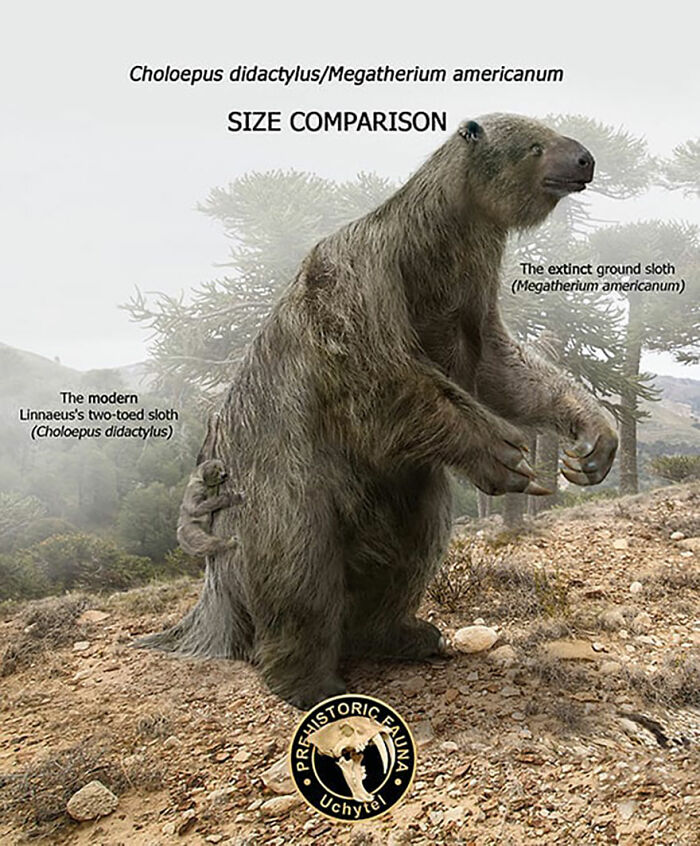
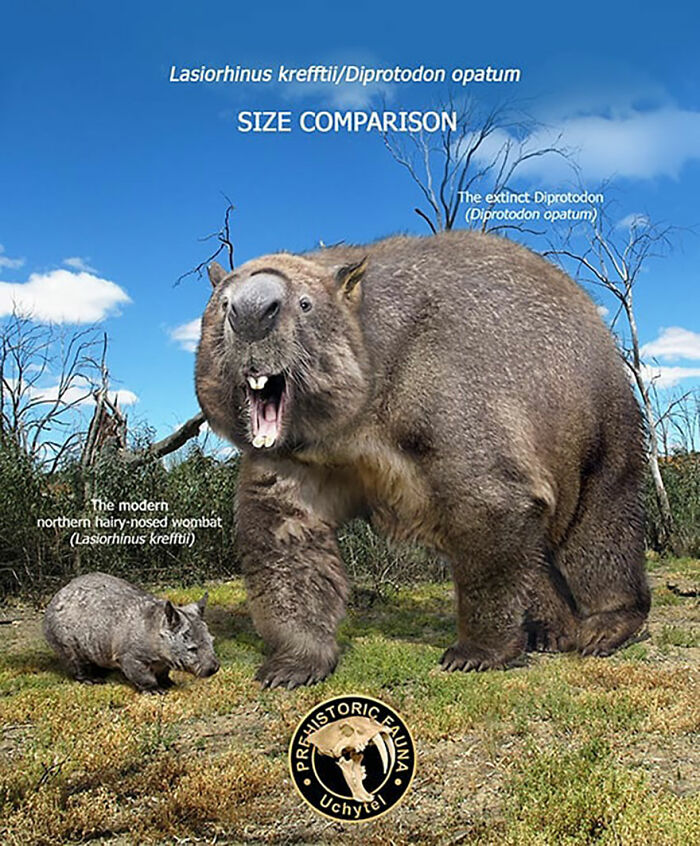
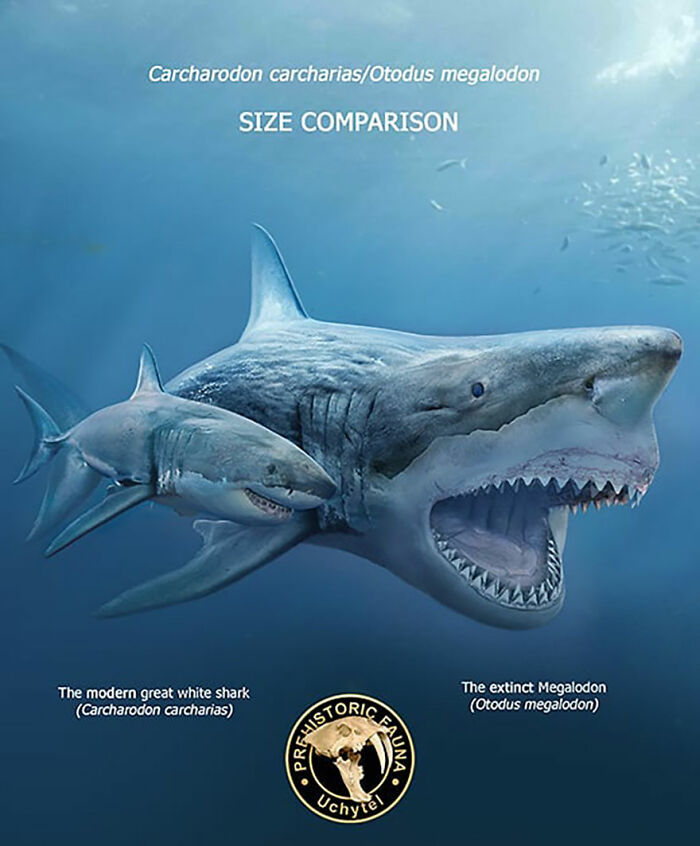
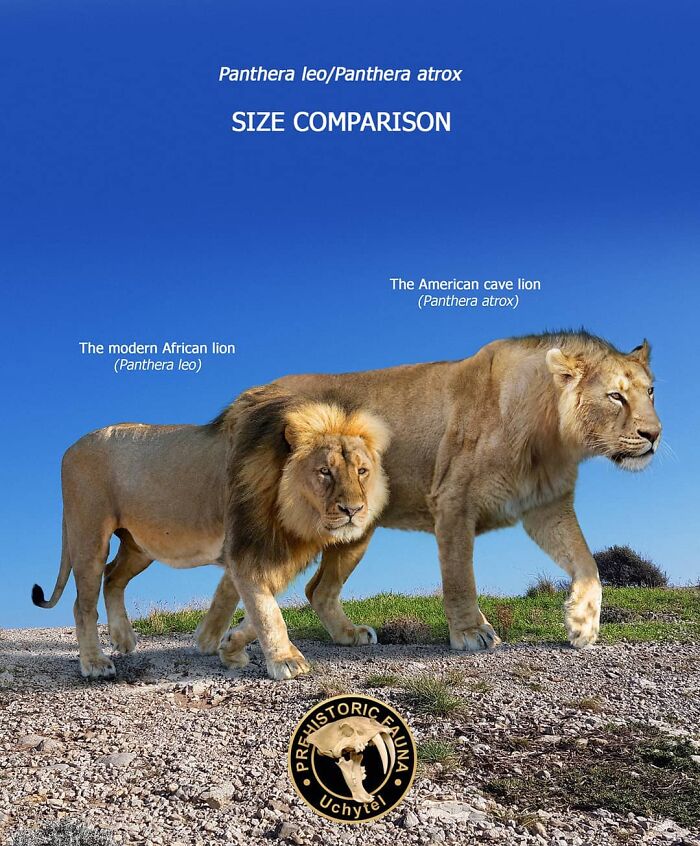
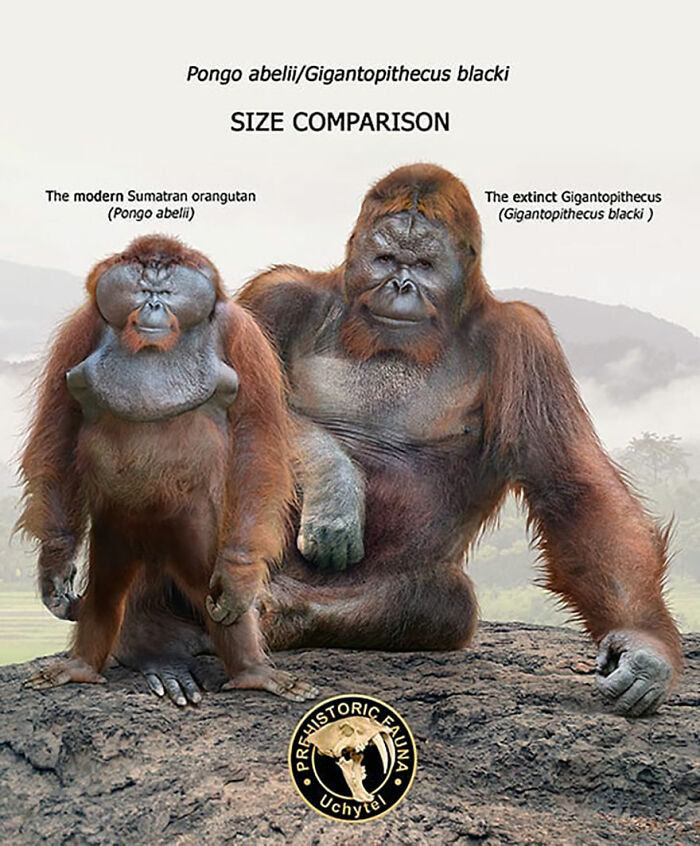
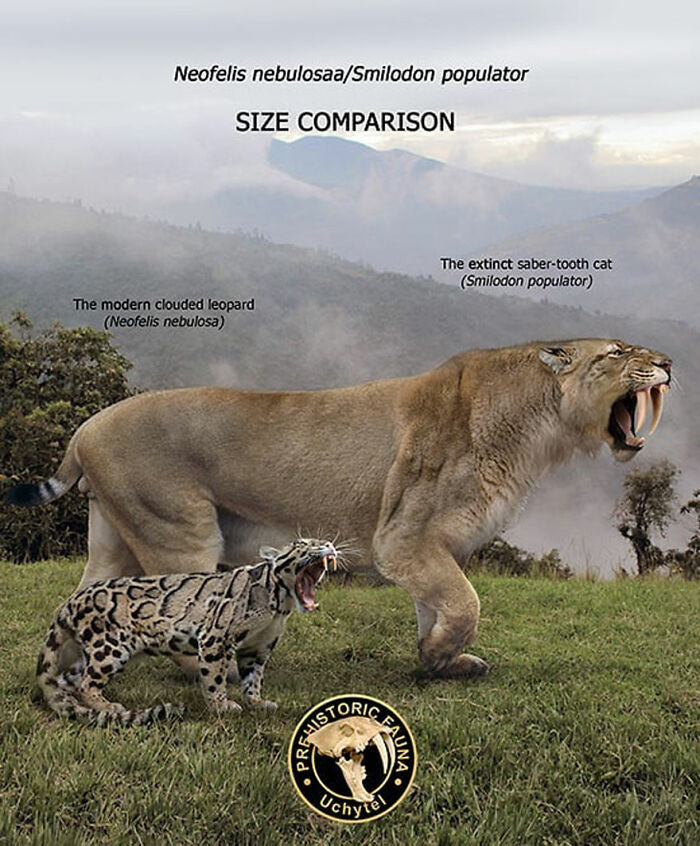
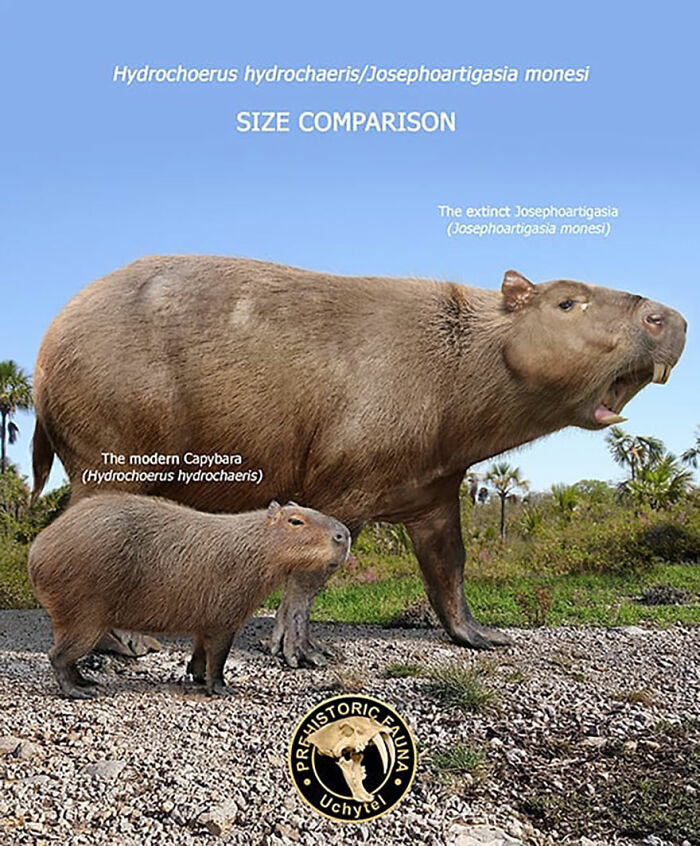
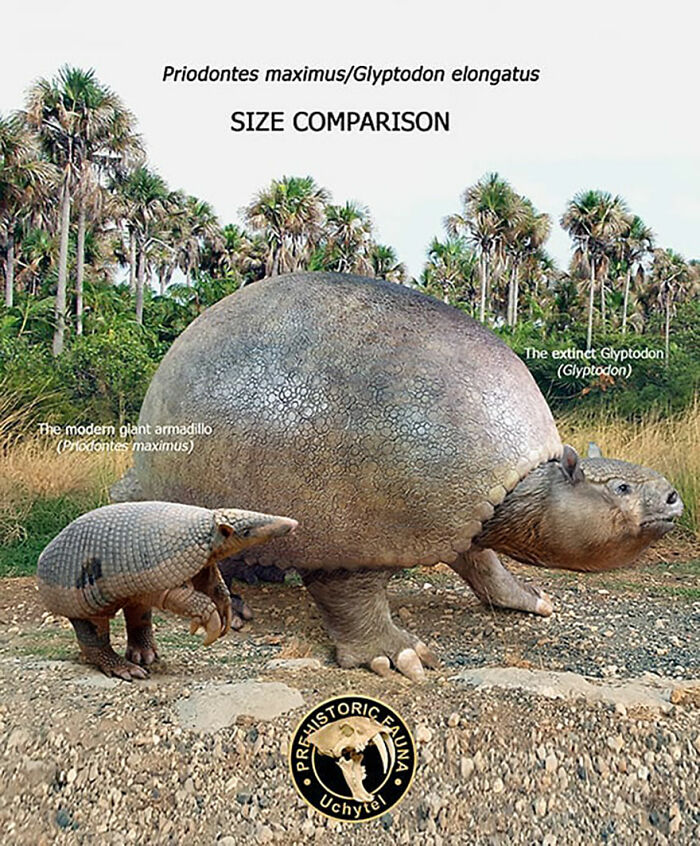
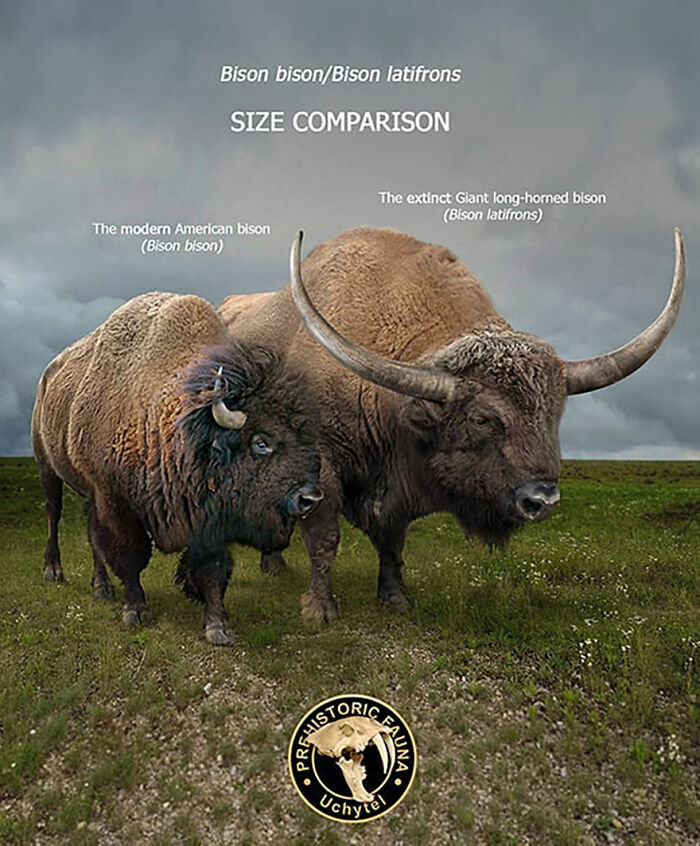
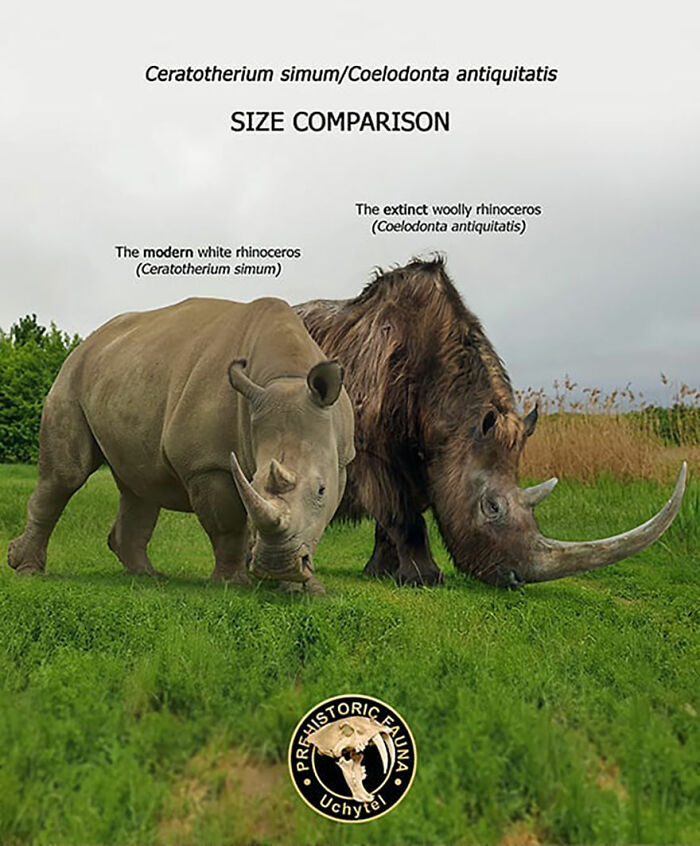
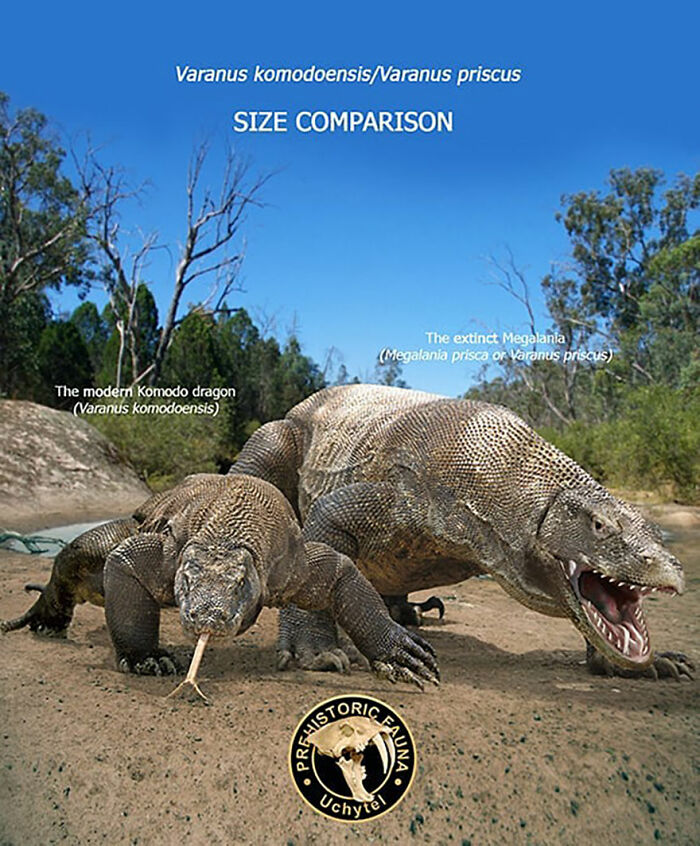
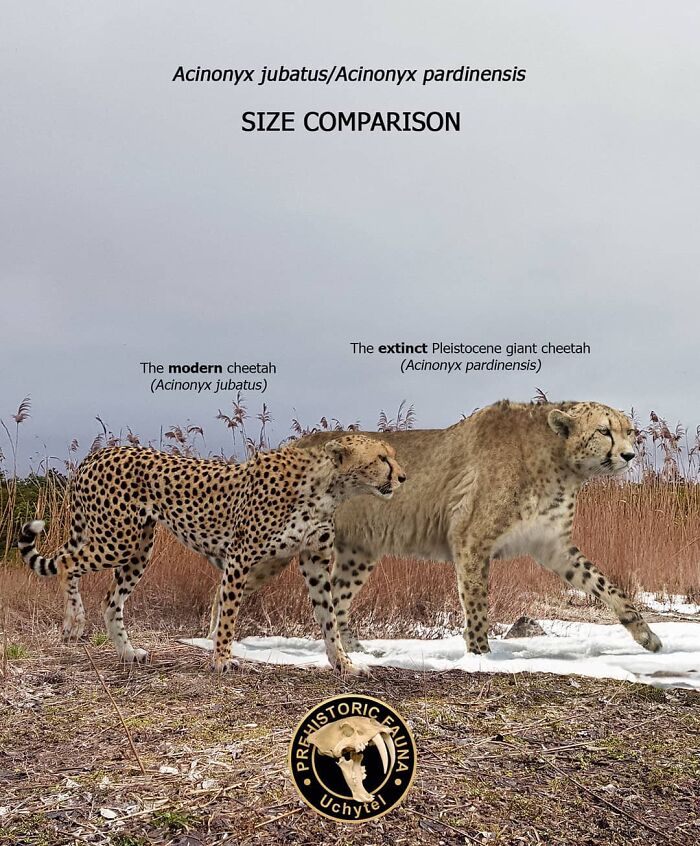
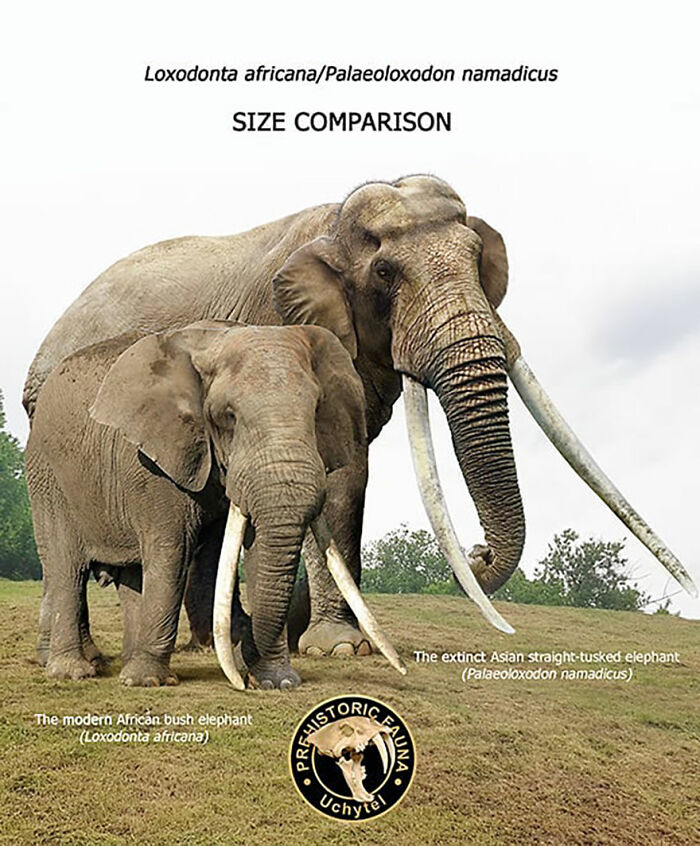
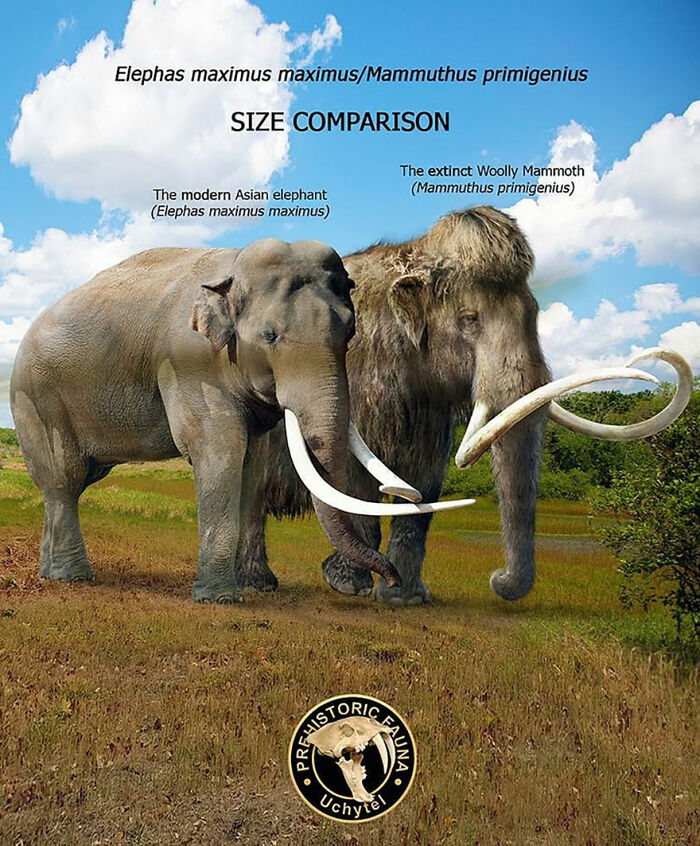
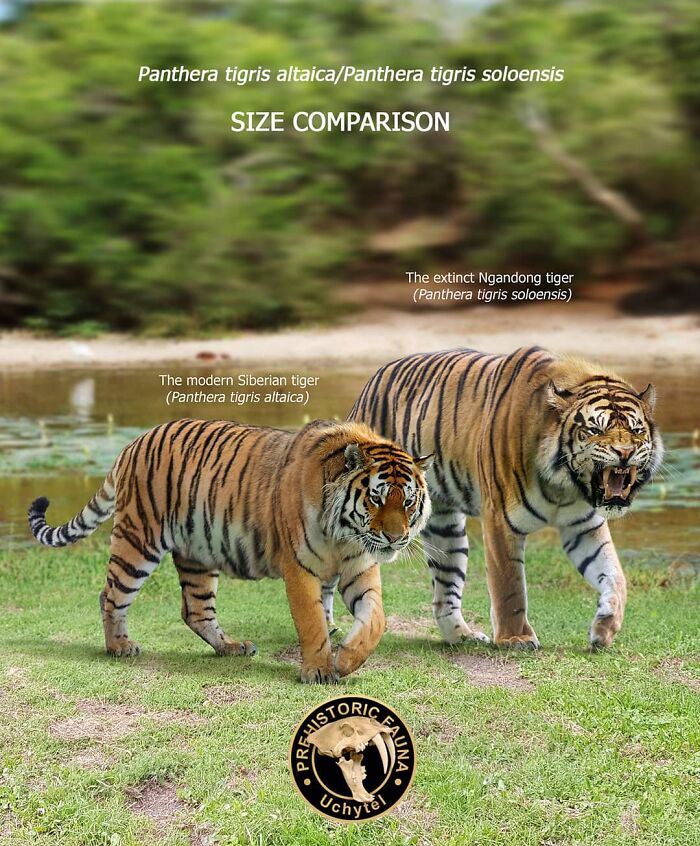
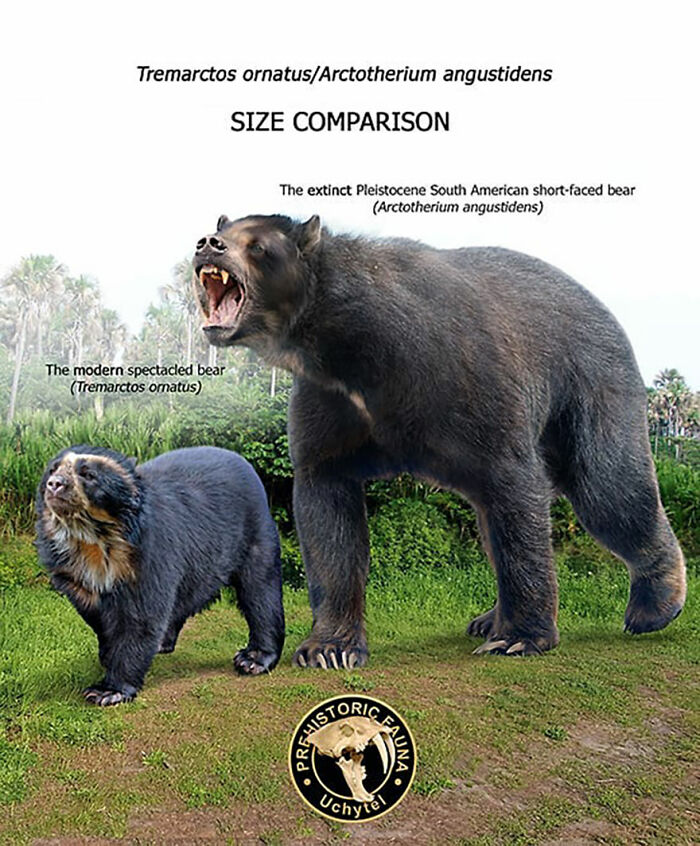
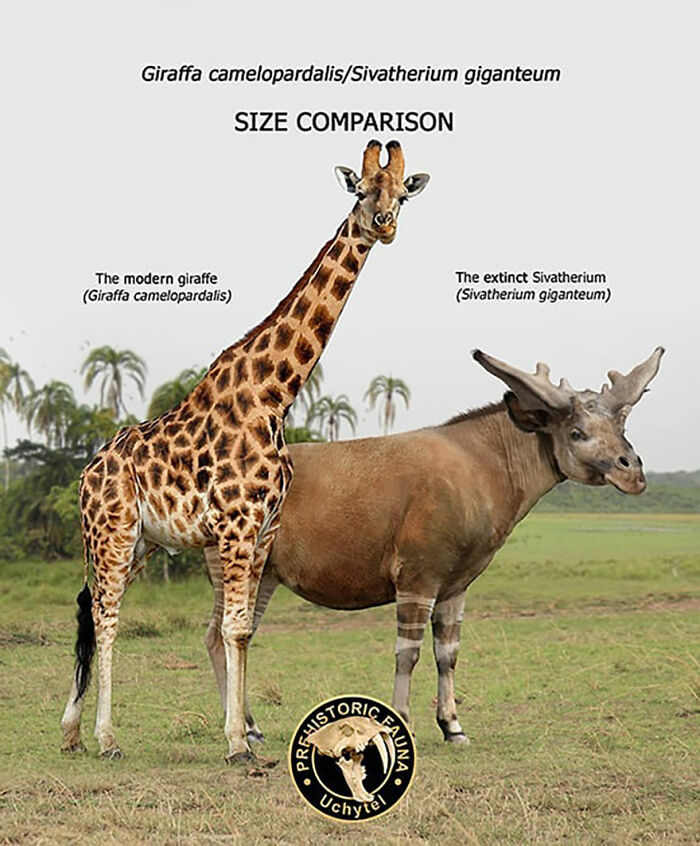
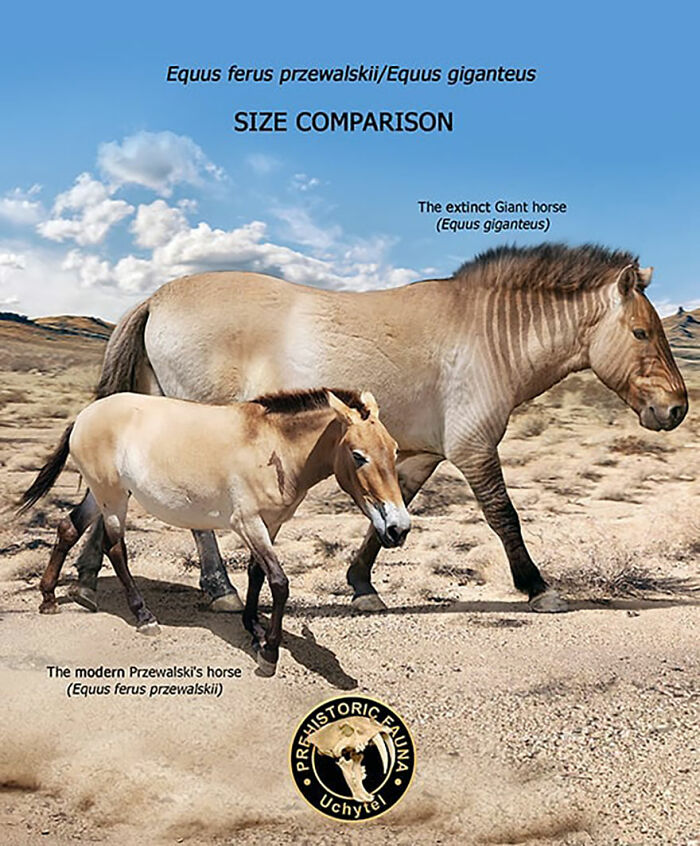
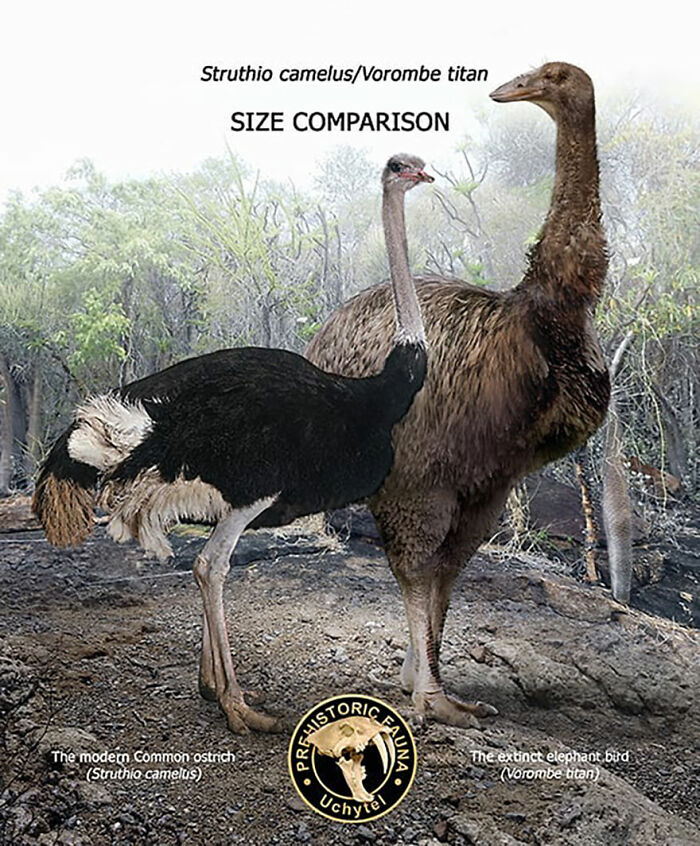
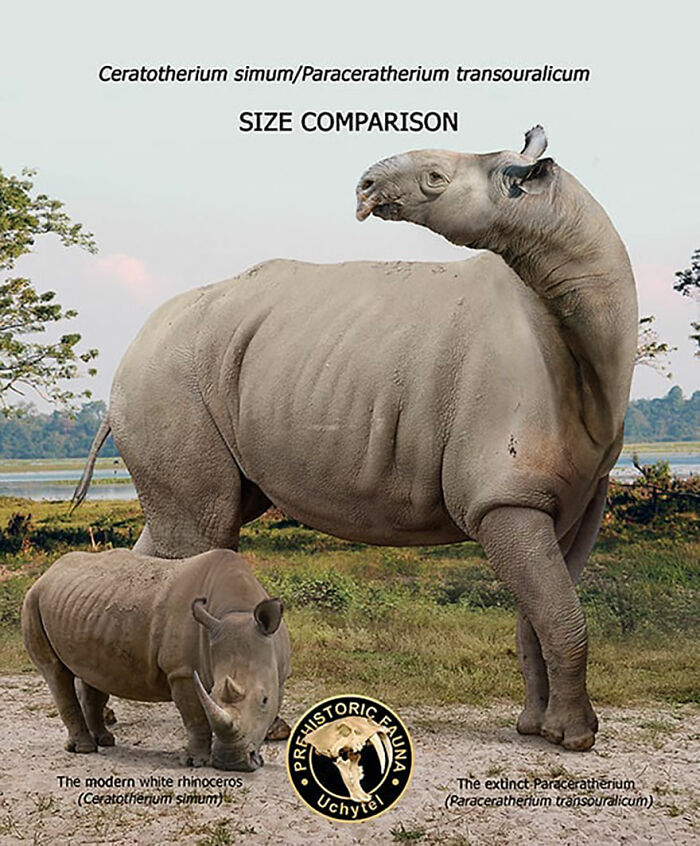
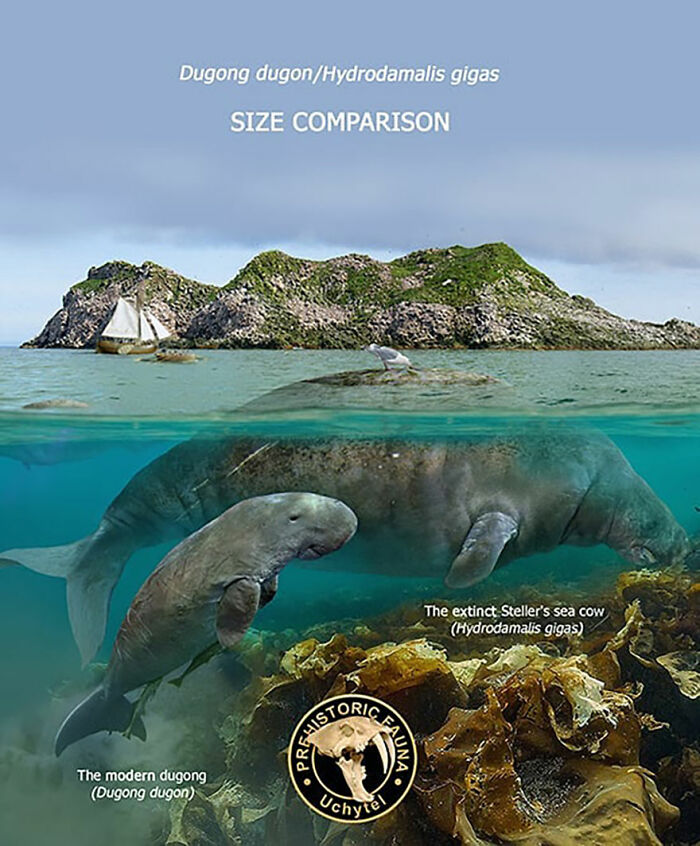
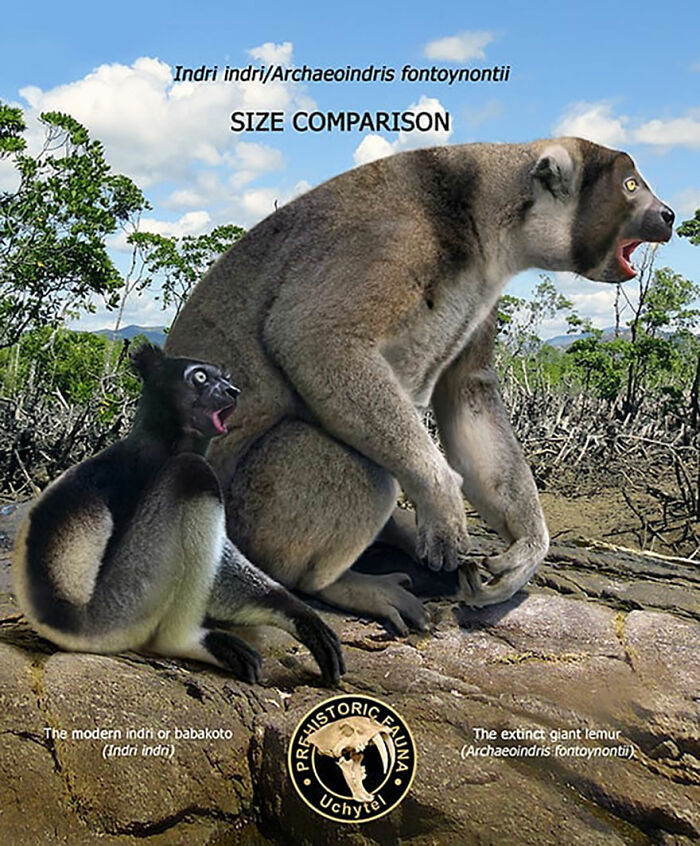
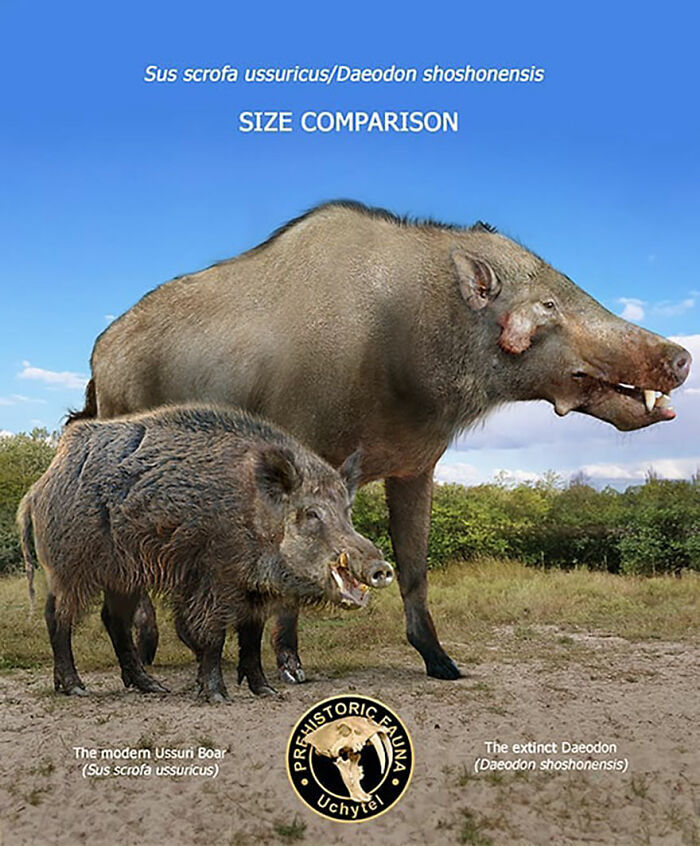
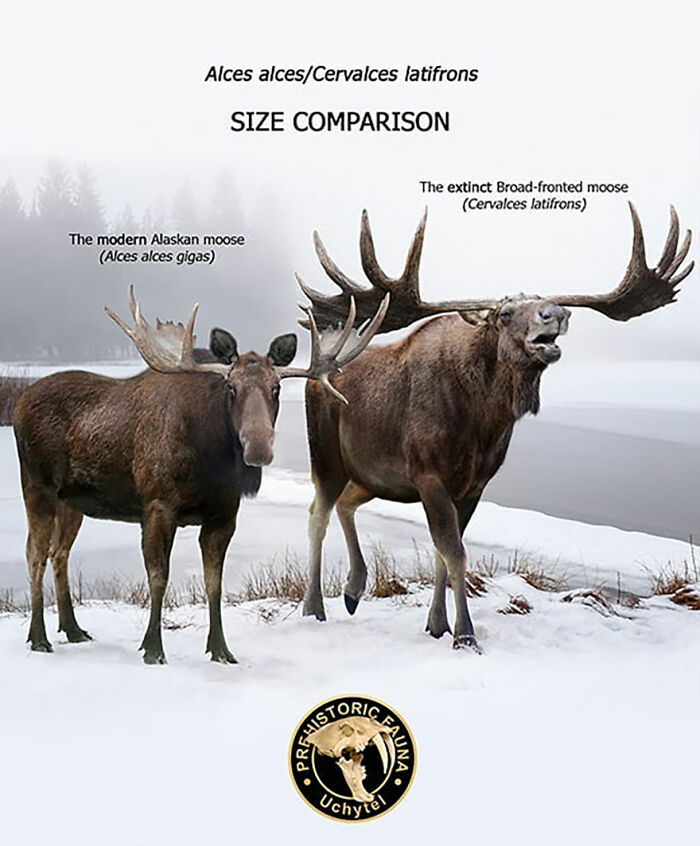
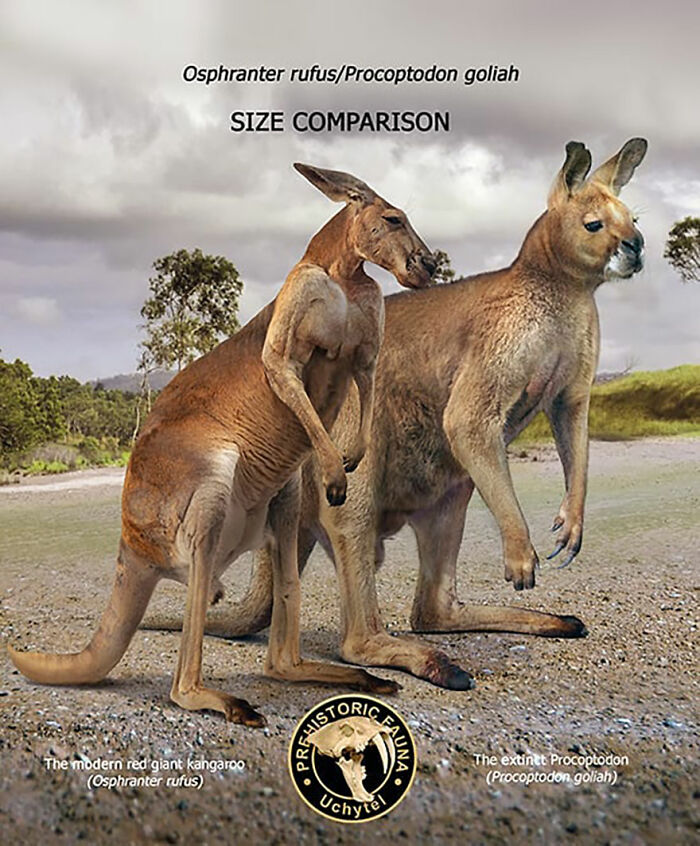
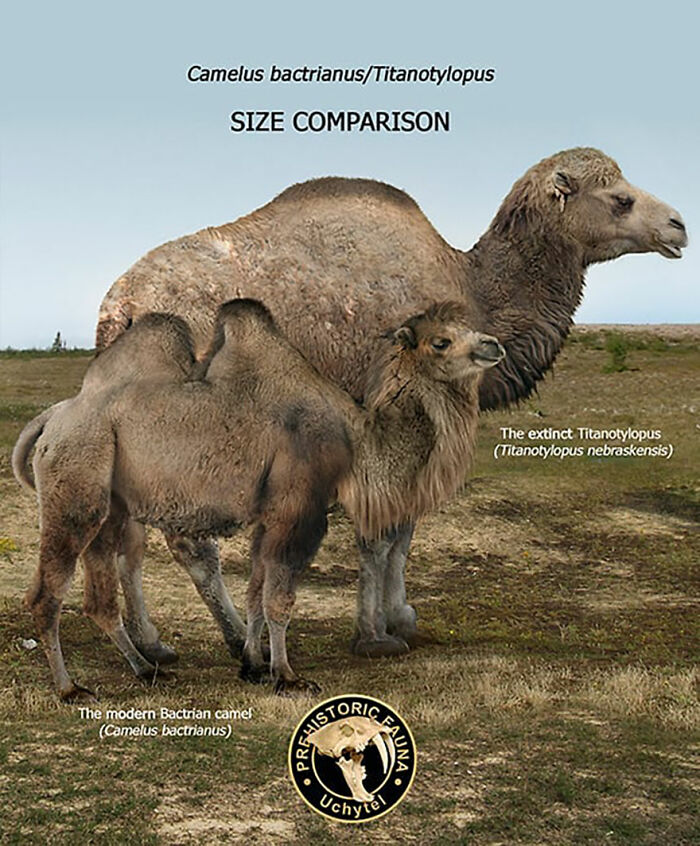
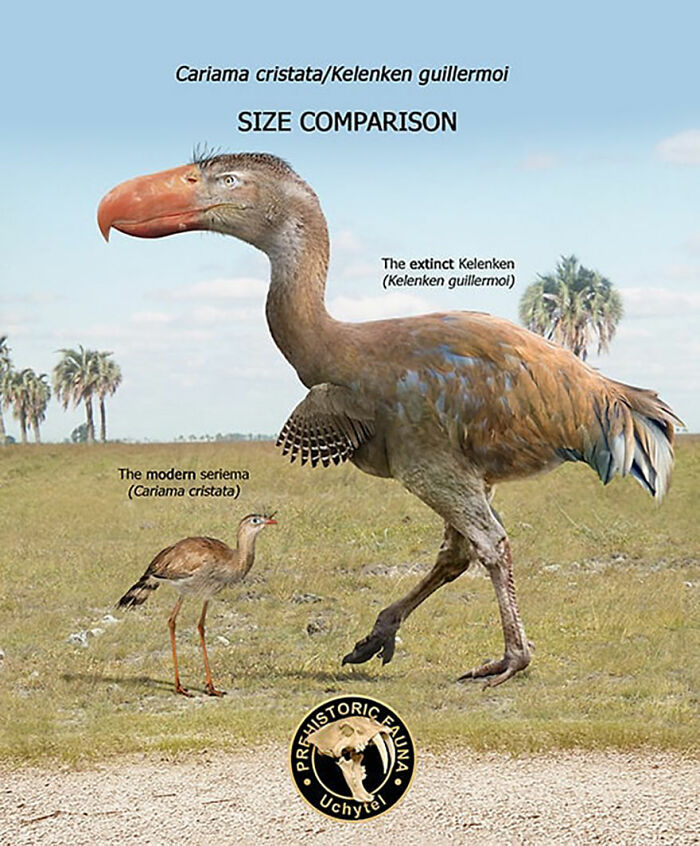
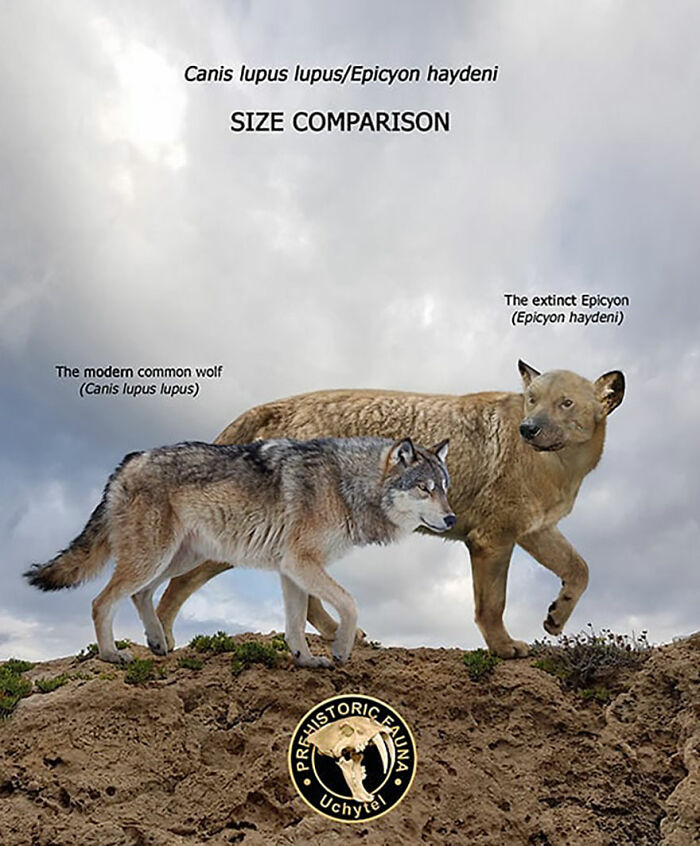
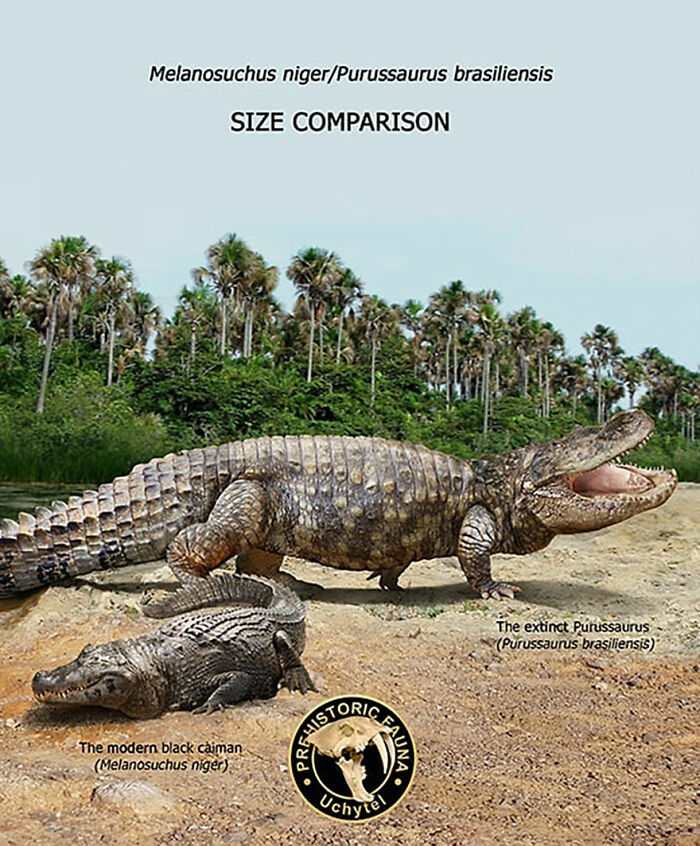
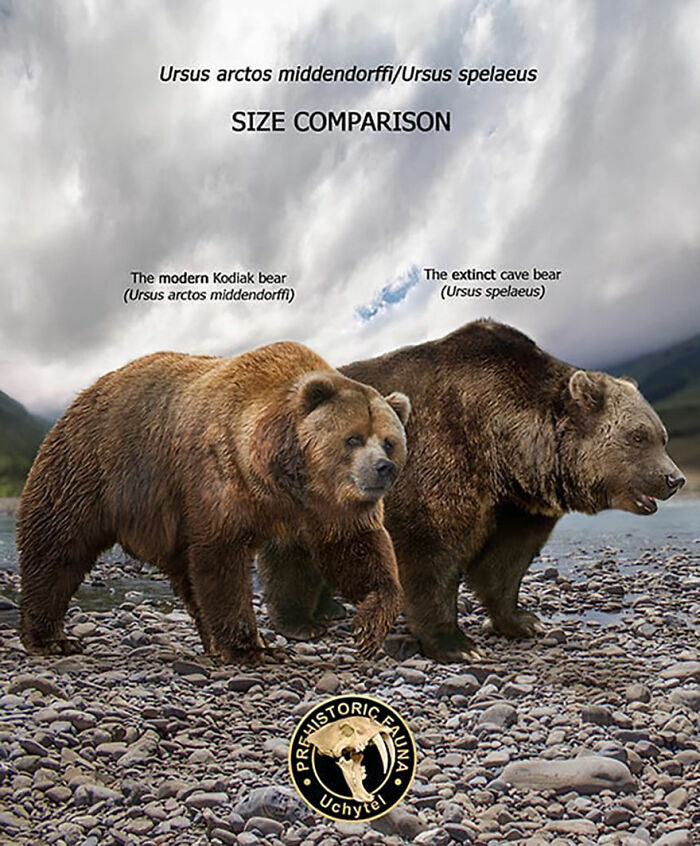
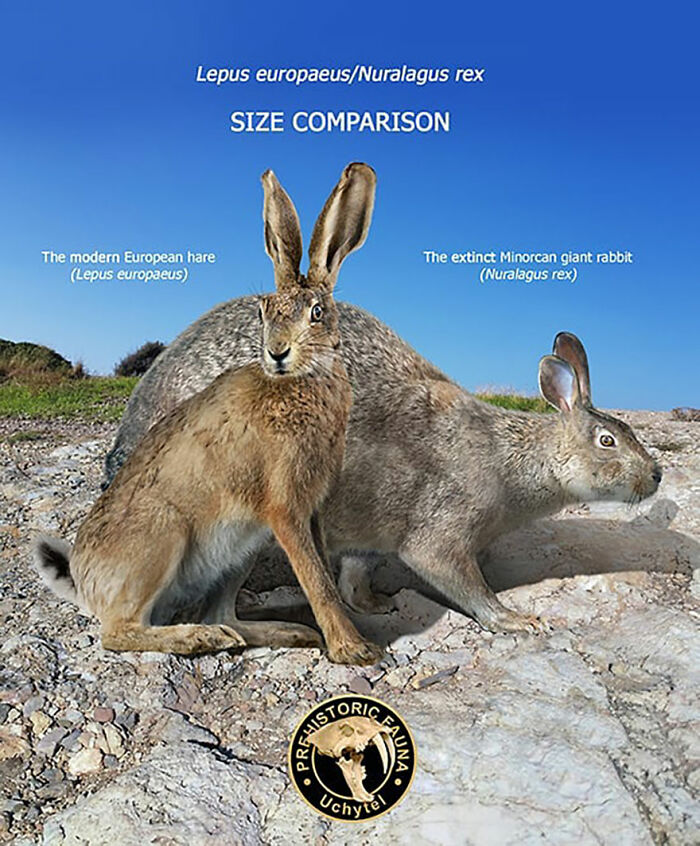
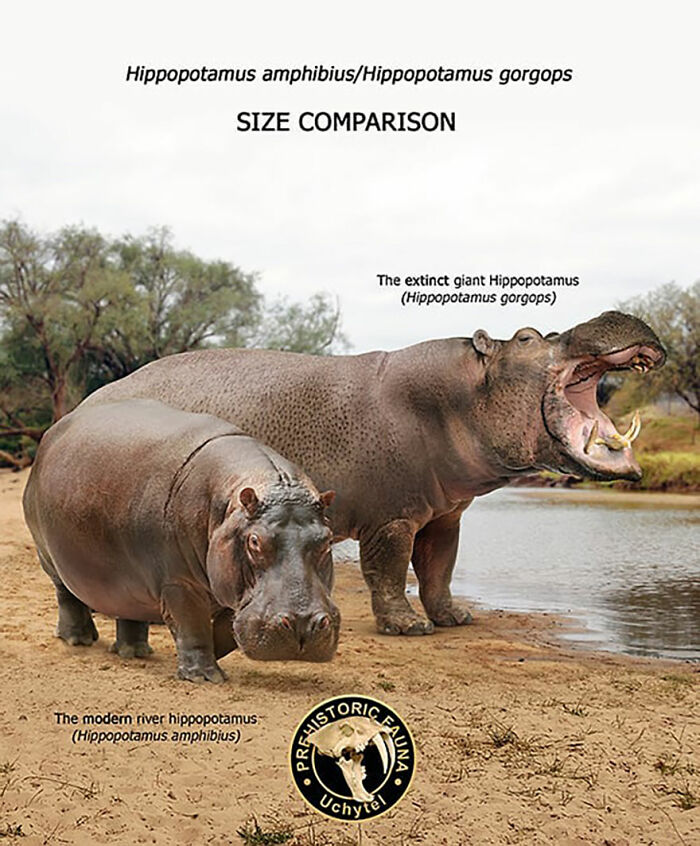
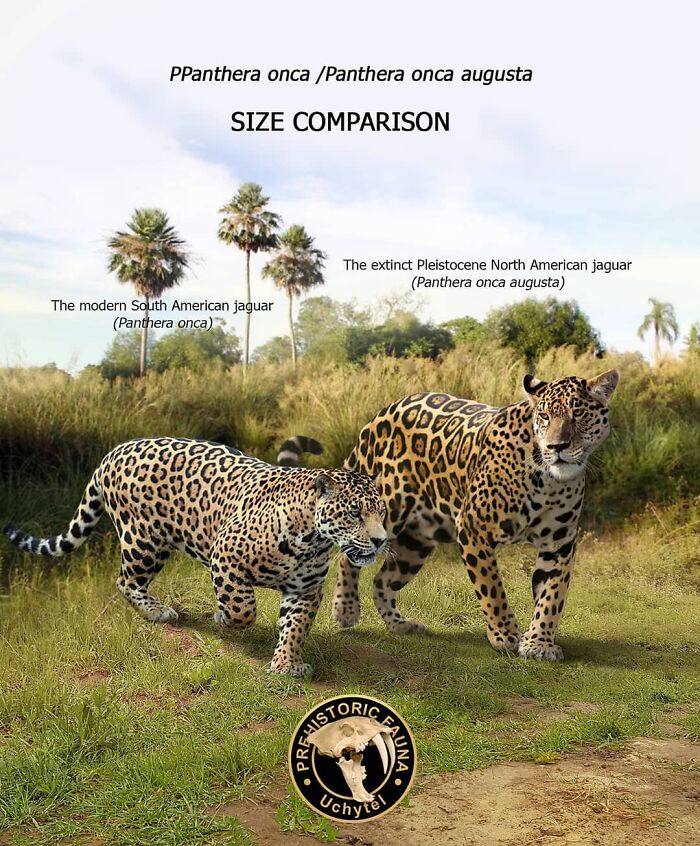
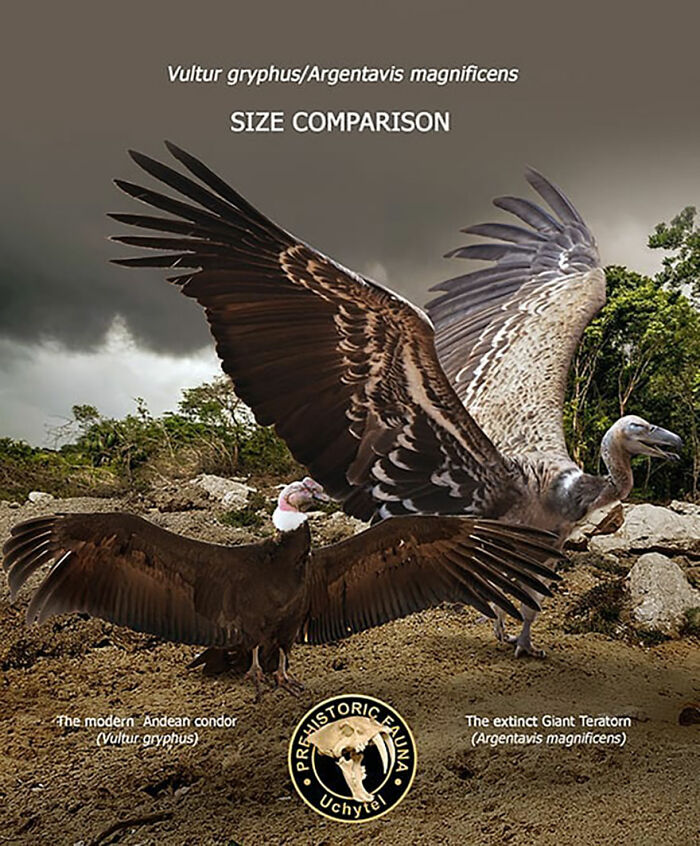
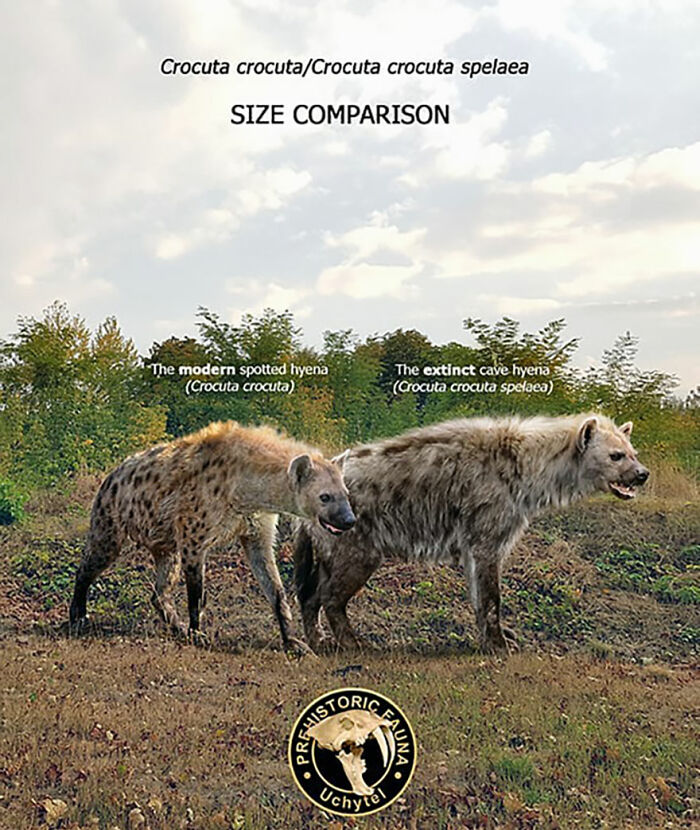
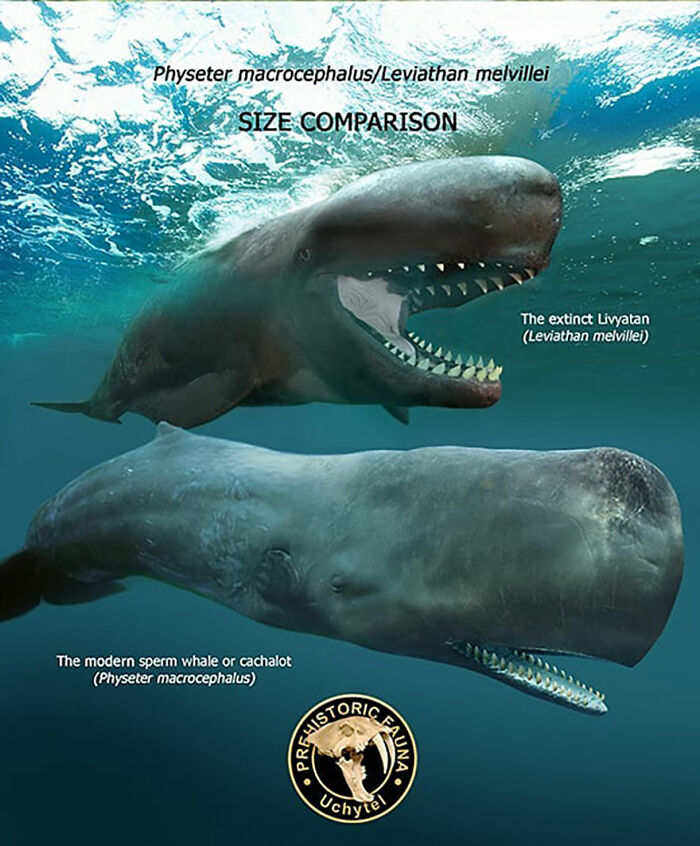
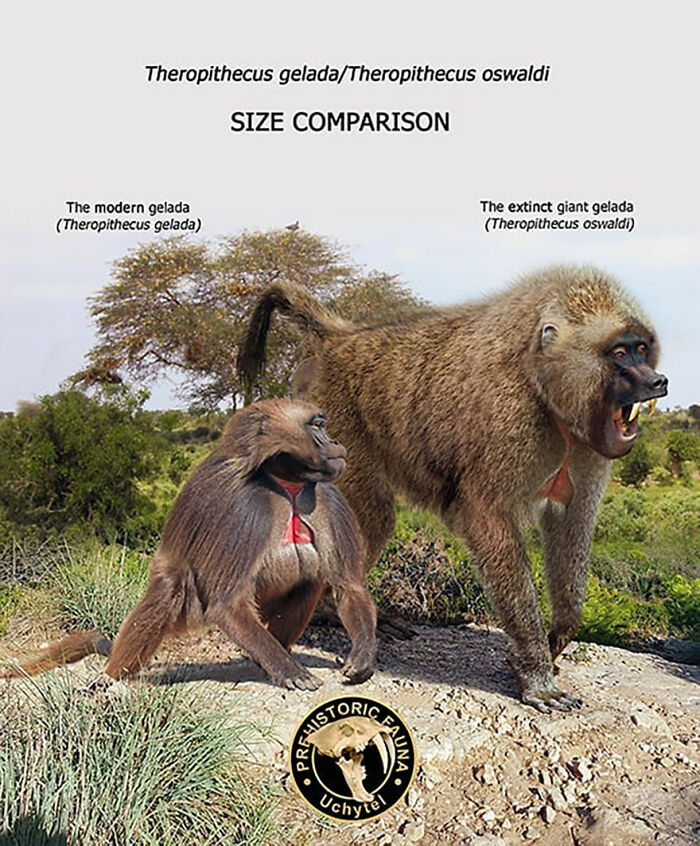
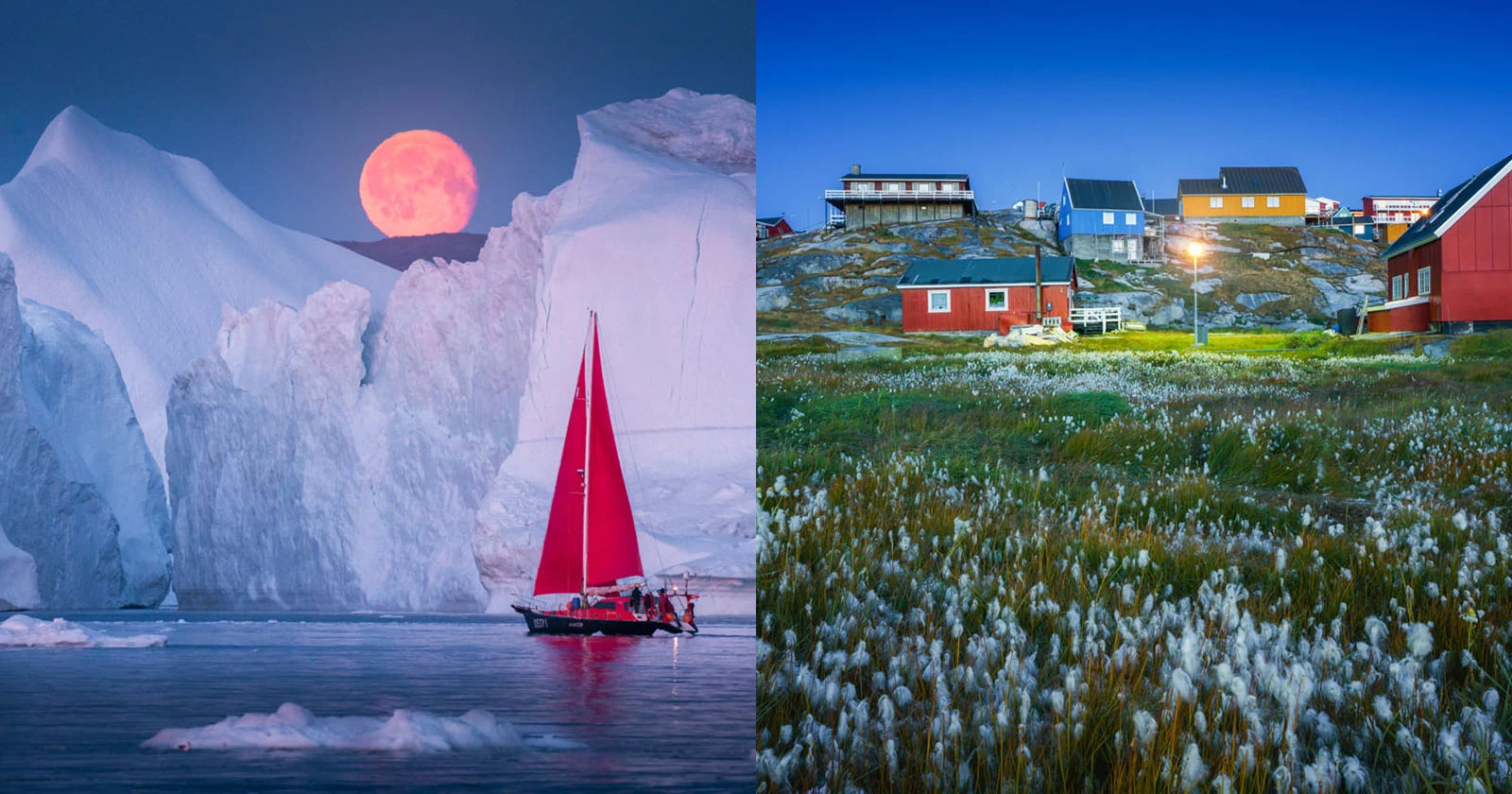
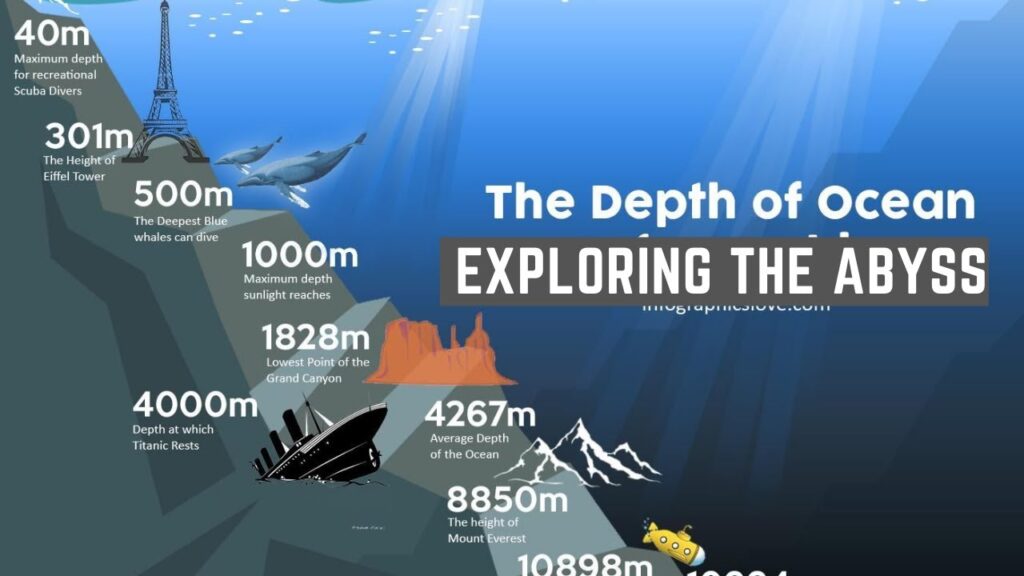

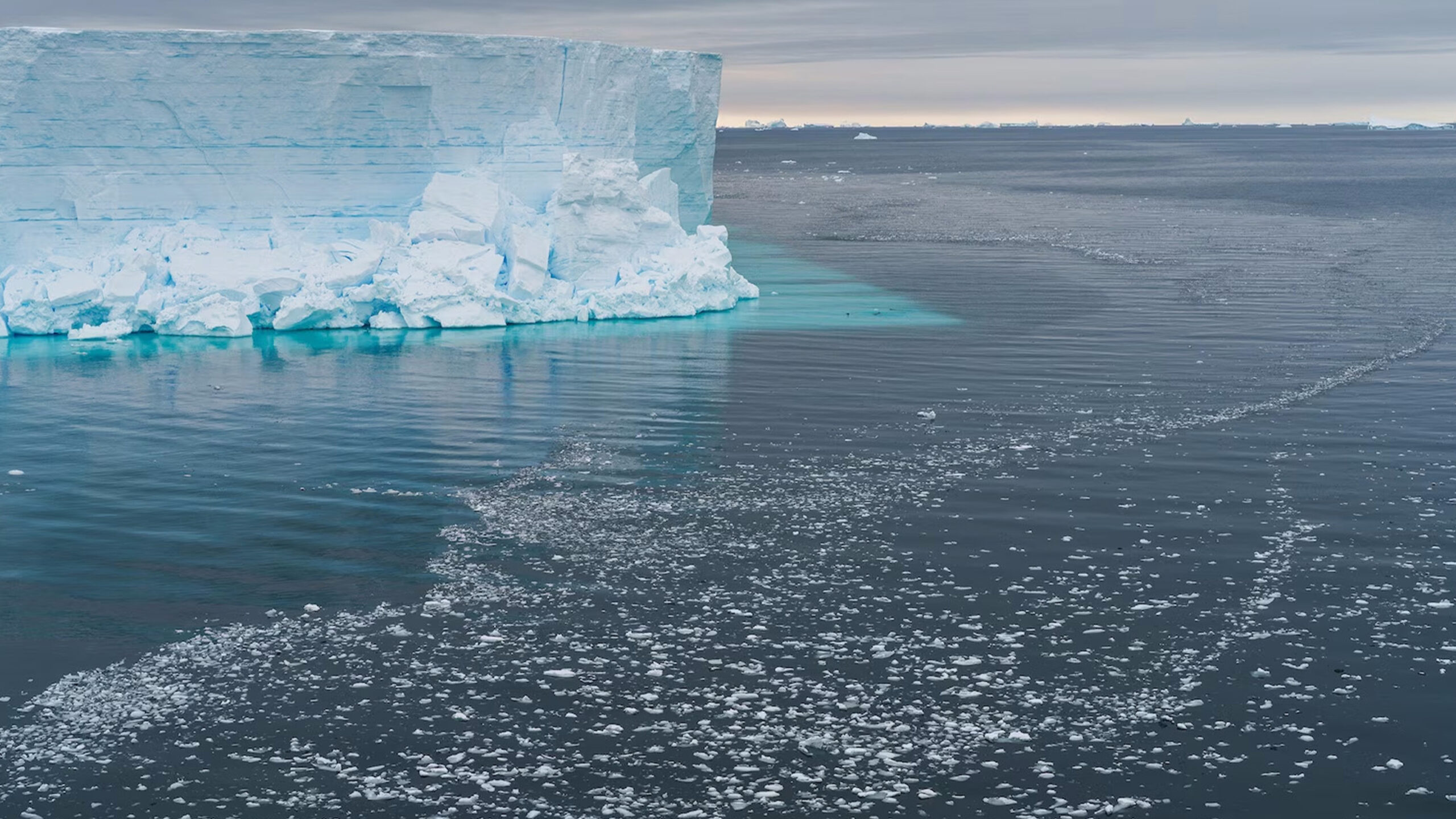
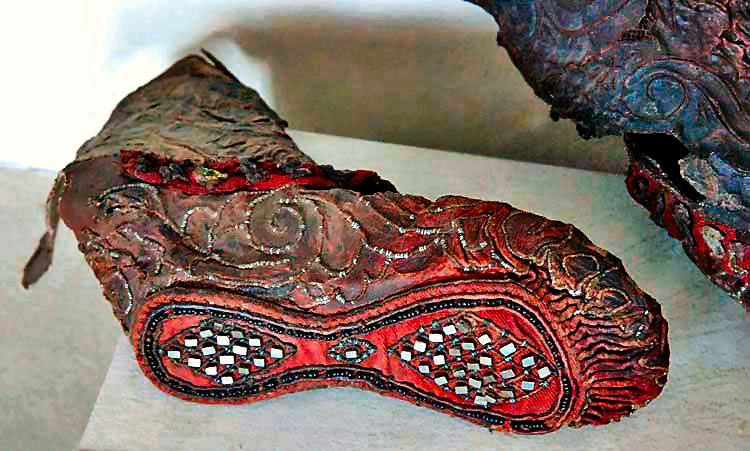

 Photographer Finds Locations Of 1960s Postcards To See How They Look Today, And The Difference Is Unbelievable
Photographer Finds Locations Of 1960s Postcards To See How They Look Today, And The Difference Is Unbelievable  Hij zet 3 IKEA kastjes tegen elkaar aan en maakt dit voor zijn vrouw…Wat een gaaf resultaat!!
Hij zet 3 IKEA kastjes tegen elkaar aan en maakt dit voor zijn vrouw…Wat een gaaf resultaat!!  Scientists Discover 512-Year-Old Shark, Which Would Be The Oldest Living Vertebrate On The Planet
Scientists Discover 512-Year-Old Shark, Which Would Be The Oldest Living Vertebrate On The Planet  Hus til salg er kun 22 kvadratmeter – men vent til du ser det indvendigt
Hus til salg er kun 22 kvadratmeter – men vent til du ser det indvendigt  Superknepet – så blir snuskiga ugnsformen som ny igen!
Superknepet – så blir snuskiga ugnsformen som ny igen!  Meteorite That Recently Fell in Somalia Turns Out to Contain Two Minerals Never Before Seen on Earth
Meteorite That Recently Fell in Somalia Turns Out to Contain Two Minerals Never Before Seen on Earth  Nearly Frozen Waves Captured On Camera By Nantucket Photographer
Nearly Frozen Waves Captured On Camera By Nantucket Photographer  It’s Official: Astronomers Have Discovered another Earth
It’s Official: Astronomers Have Discovered another Earth 